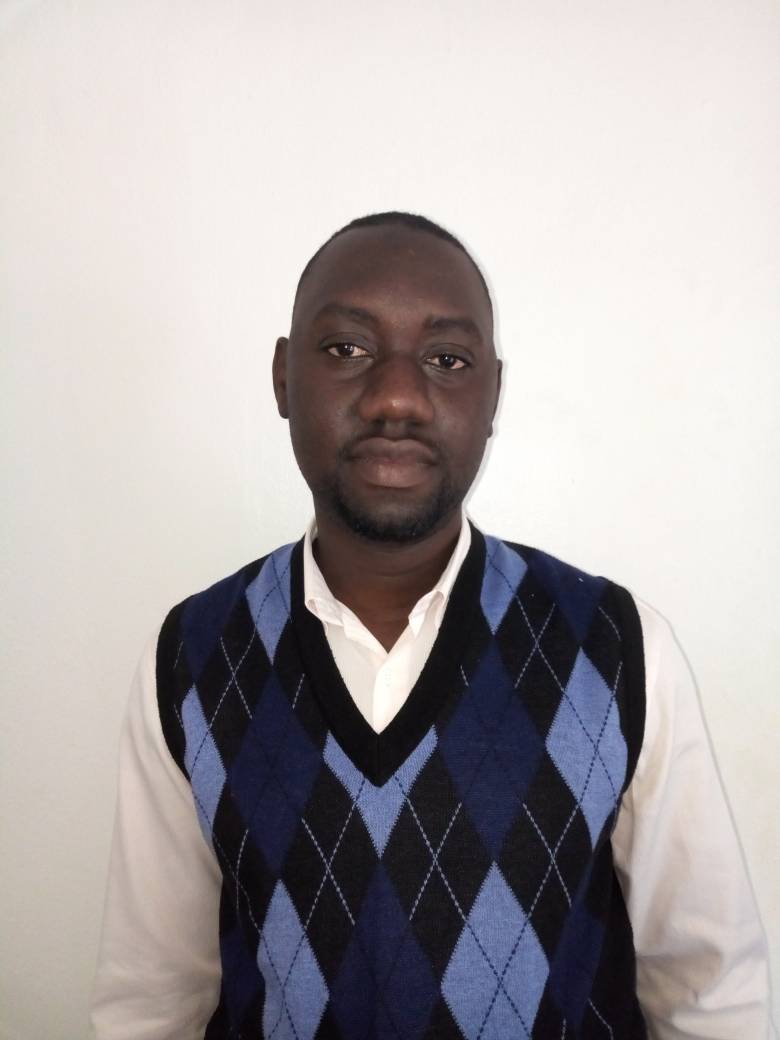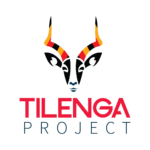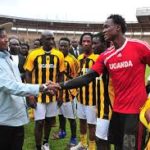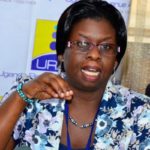For quite a long time, I have been wondering how public can have their issues considered in decision making. Local Ugandans cannot easily submit their views to parliament but can instead decide to be frequent radio and Television callers who lament, share ideas and finally send greetings to our loved ones on talk shows where certain resourceful debates are being aired.
Last week, I spent some time in the Albertine region in the districts of Kikuube (Kyangwali Sub County) and then Hoima (Buseruka Sub County) just to have a feel of these public hearings that were organized by the Petroleum Authority of Uganda, National Environment Management Authority and other stakeholders for the Kingfisher project.
A public hearing is an open forum, typically held to inform the decision-making process by the government, or a government agency, or an organization that is planning to undertake a major construction project with significant impacts. The hearing is organized and held by the government agency or organization in the area where the development will take place and have the greatest impact, and is open to anyone to attend.
Now back to the sessions that happened on 19th and 21st June in Kikuube and Hoima districts. Ever since Uganda woke up to the news of having confirmed commercial oil in the year 2006, all of us have always been happy to have this blessing, that a few unpatriotic politicians refer to as a curse in some countries. Several stages like exploration, and appraisal having been concluded, and now we are at the development stage. During this stage, the facilities/ infrastructure to facilitate production of the petroleum resources that have been discovered on our Uganda soil will be constructed.
The Kingfisher project’s main objective is to establish petroleum production facilities and support infrastructure in specific areas in Kikuube and Hoima districts. The Public hearings therefore, provide an opportunity of dealing with the issues and concerns of the public in order to make sure that by the time we start enjoying fruits from our oil most of complaints against the processes being carried out have been addressed.
It’s based on the above that the Petroleum Authority of Uganda organized the public hearings to present, discuss and receive feedback on the Environment and Social Impact Assessment (ESIA) report that was carried out on the Kingfisher Development project.
Yes, this is a very welcome engagement and it gives hope to all natives of these areas that are directly affected, that the government and the oil companies will ensure that impacts such as loss of land to the project will be addressed through adequate compensation, resettlement and livelihood restoration. In addition, citizens can add their voice to the report submitted to Government by the oil company during the public hearing, and also get immediate responses or clarifications on their issues before the final ESIA report is submitted to NEMA for a decision.
I personally think that the Public Hearings were successful because the sessions were well publicized in the local and national media. The ESIA was also produced in a summarized and simplified version, in both English and the local languages which were distributed before, during and after the public hearings. The level of publicity, in turn, determines how well attended the hearing can be, and indeed there was a lot of advertising which really made a very good number of citizens to attend the sessions and openly say what they feel about the project. The two hearings brought together over 10,000 people.
The people in Kikuube and Hoima expressed their views in response to the Environmental assessment report and other issues affecting them as people in the oil rich areas and this will help the Authority together with the Kingfisher project to deal with all the issues presented by the locals in the project affected area so that by the actual construction start, everyone supports the project in the Albertine.
The participation of citizens in public policies is an opportunity not only to educate them, but also to increase their empowerment. However, the best way for deploying participatory policies, defining their scope and approach, still remains an open and continuous debate concerning the issues contained in the project which is a very good model that NEMA and PAU have used.
Over the recent years, the role of government has been constantly challenged, with an increasing emphasis on engaging citizens and empowering stakeholders during the planning and deployment of some developmental programs. The society has always demanded an increased participation and accountability in public policies and at the same time, complex and specialized issues emerge in this environment and risky decisions need to be quickly made.
The demand for good public policies has become more complicated, requiring more ability and skill from managers and policy makers who need to have serious well organized engagements with members of the public before some decisions are being taken. Last week as I was sharing ideas on Eastern Voice radio, Bugiri, and emphasized that in order to protect the public interest, participation is a mechanism for ratifying issues with stakeholders and increasing transparency and compliance.
Democratic control mechanisms may be adopted to guarantee a legitimate regulatory action, through which the interests of the citizens concerned are expressed. Some of these mechanisms are public hearings where everyone says what they feel and then the concerned parties weigh in and see how the issues of the people are being considered while also looking at the developments being made in these areas.
Now, basing on what happened in Hoima and Kikuube as the people were submitting on the various issues that they have concerning the oil projects, I think the same can be applied to all ministries, departments and agencies before the final decisions are made because if locals are not engaged in the decision making then that causes serious troubles in future and it also distances them from contributing towards what happens in their country.
Our members of parliament that we vote to be our voices camouflage when they arrive in Kampala, they decide without consulting us the voters, they only come back home for burials and now these act as their public hearings because it’s on such occasions that members of the society express their views concerning several issues that they affect their areas.
If we are looking for continued participation of citizens as a country, public hearings emerge as one of the most important tools for direct participation because they are among the most traditional methods for citizen participation in many parts of the world. We therefore require such hearings at all levels of government and avoid the thinking that all citizens’ issues are being presented to the concerned parties by some of our leaders.
Michael Woira
Patriotic Ugandan








